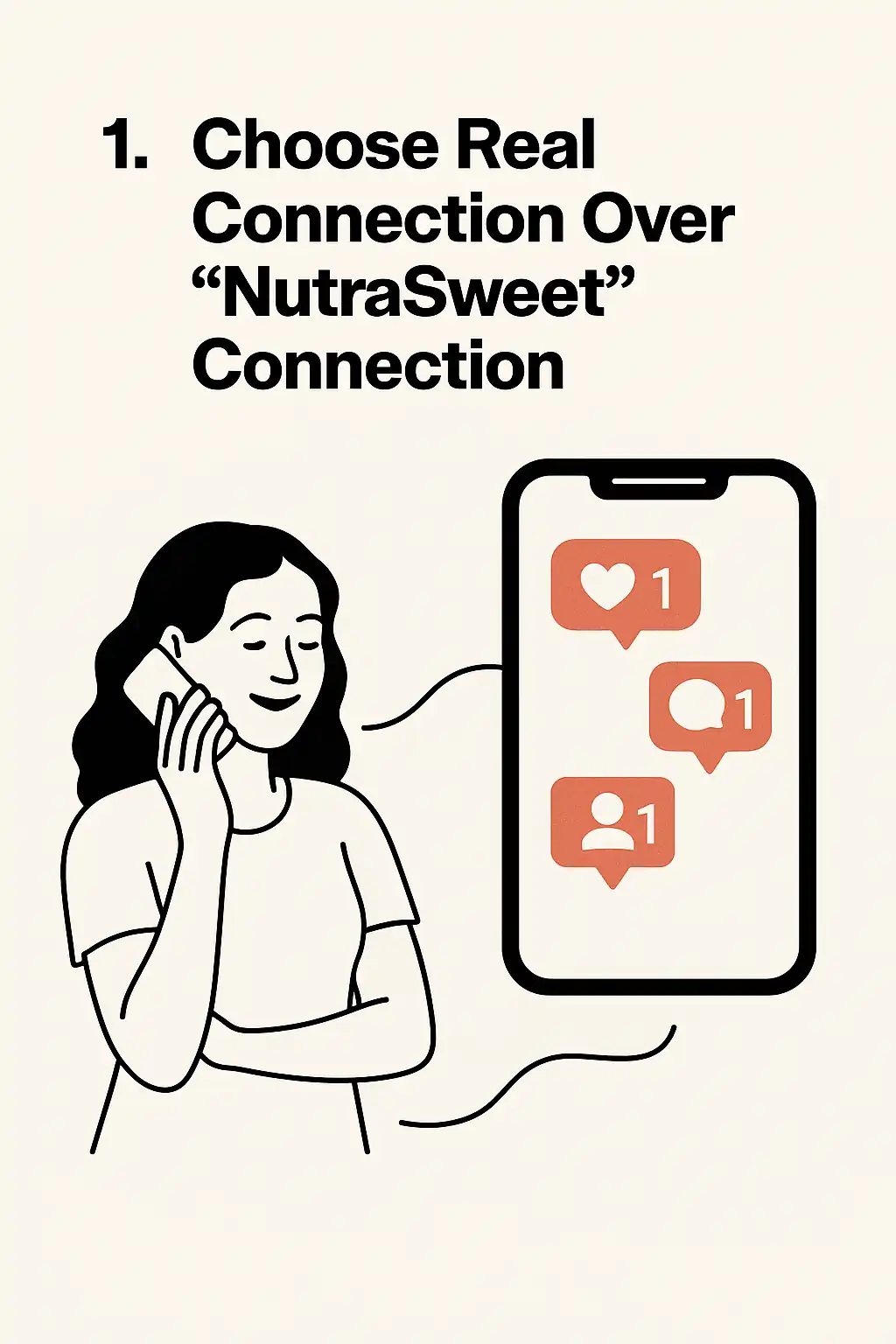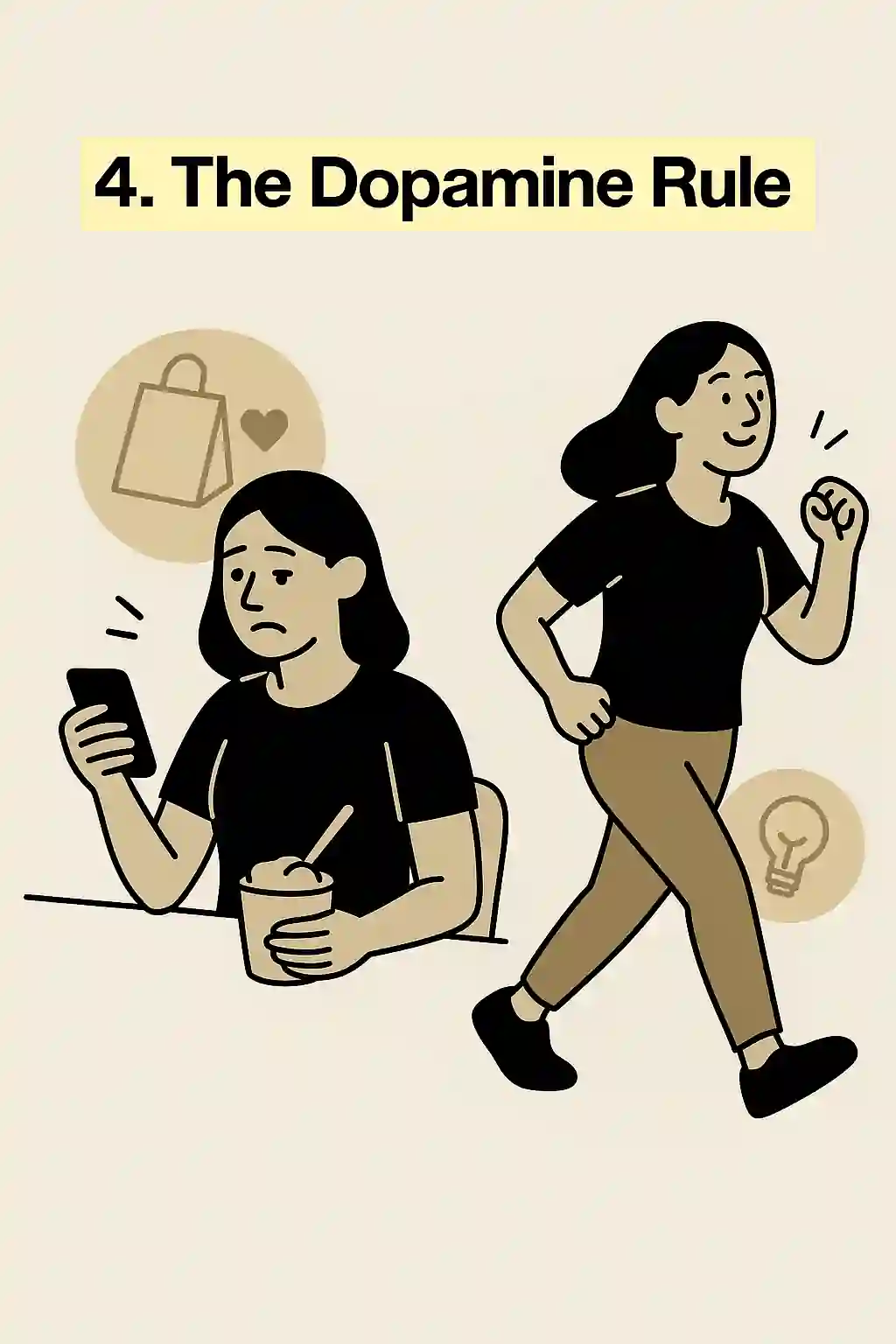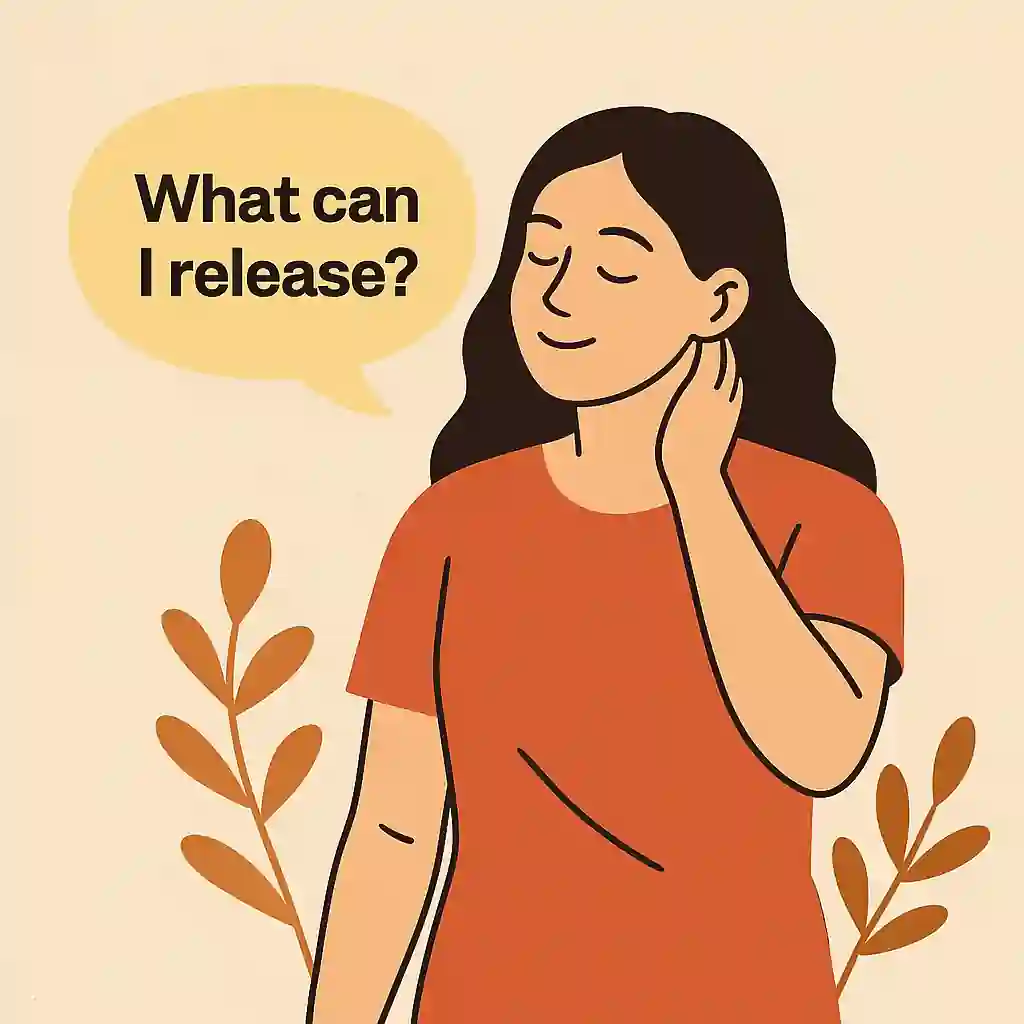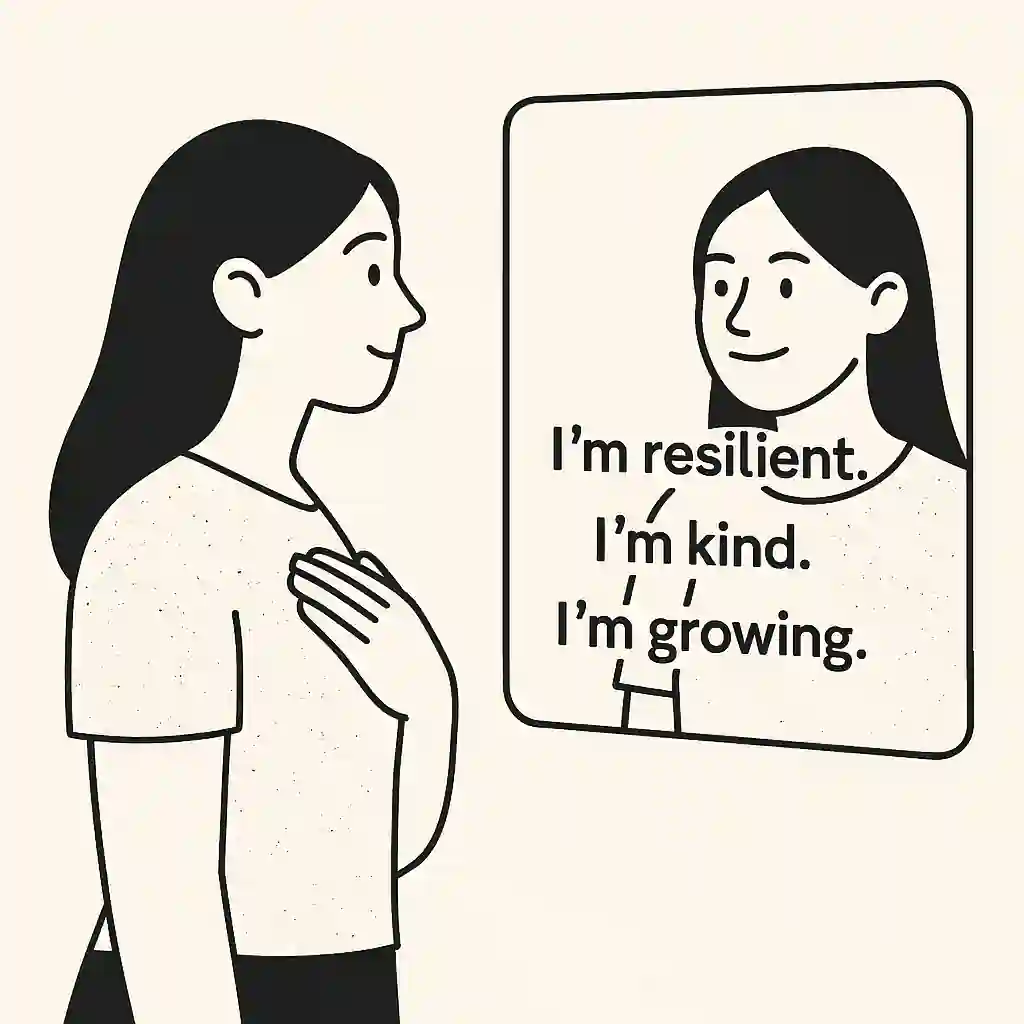7 Psychology-Backed Ways to Feel More Alive

The world we live in glorifies the “highlight reel” — success, aesthetics, and constant achievement. But happiness isn’t built from filters or milestones; it’s built in the quiet spaces — in how we breathe through change, show up for others, and soften into ourselves.
At Obare, our mission has always been to celebrate women’s raw, unfiltered beauty — both in body and mind. So, when we explored the psychology of happiness, we found something deeply empowering: happiness isn’t luck. It’s a practice — one that women can reclaim and redefine on their own terms.
“Here are seven evidence-backed ‘happiness shifts’ — rewritten through the Obare lens — to help you reconnect with what truly nourishes you. And BTW, number 5 really hit home for me. I’m sure many of you will relate.
1. Choose Real Connection Over “NutraSweet” Connection

Social media gives the illusion of closeness — endless likes, comments, and DMs — but often leaves us emptier than before. Think of it as artificial sweetness for the soul: it tricks your brain into believing you’re connected, but it doesn’t truly feed you.
Studies on social connection consistently show it’s one of the strongest predictors of both mental and physical well-being. Researchers at Harvard, through one of the world’s longest-running studies, found that meaningful relationships — not wealth or fame — are what make us happier and healthier.
Try this:
Replace one scrolling session today with a real human moment — a phone call, a walk, or a genuine message that says more than “how are you.” Nourishment comes from connection that breathes, not screens that blink.
2. The Social Prediction Error

We’ve all been there: the temptation to cancel plans, curl up in bed, and disappear into solitude. But research in social psychology shows our brains often mispredict how good social experiences will make us feel — a phenomenon known as the social prediction error.
In reality, even brief, positive interactions with others can lift our mood far more than anticipated.
Try this:
Next time you feel like staying home, give yourself a 30-minute rule. Show up. Your energy may surprise you — because joy often hides behind the things we resist most.
3. The Peak-End Rule

Psychologists Daniel Kahneman and Barbara Fredrickson discovered that we don’t remember experiences evenly — we recall them based on their peak moment and their ending. This is known as the Peak-End Rule, and it shapes how we emotionally record our days.
That’s why one good laugh at dinner or a quiet reflection before bed can rewrite how you remember an entire day.
Try this:
End your day with intention. Play your favorite song, write down one good thing, or step outside for fresh air. A soft ending shapes how your brain remembers everything that came before it.
4. The Dopamine Rule

In the age of instant gratification, it’s easy to chase the next dopamine hit — scrolling, sugar, shopping, validation. But neuroscientist Andrew Huberman explains that dopamine feels most rewarding when it follows effort, not when it’s handed to us instantly.
Try this:
Before reaching for a quick fix, pause and ask, “Have I earned this?” Choose effort-based rewards: movement, learning, creativity, or a conversation that stretches you. You’ll rewire your brain for fulfillment, not just stimulation.
5. The Gift (and Curse) of Hedonic Adaptation

Psychologists call it hedonic adaptation — our natural tendency to return to a baseline level of happiness after big highs or deep lows. It’s why even after achieving goals or falling in love, we eventually adapt to the new normal.
Positive psychology researchers remind us that awareness is the key to breaking this cycle. When you slow down and savor — your morning coffee, sunlight on your skin, laughter with friends — you interrupt adaptation and anchor yourself in gratitude.
Try this:
Savor the good while it lasts. These small, present moments are the quiet miracles that make life full.
6. Redefine Success Through Ease

Hustle culture told us to grind harder, sleep less, and measure worth in productivity. But the most fulfilled women we’ve met at Obare aren’t hustling — they’re aligning.
Try this:
Replace “What more can I do?” with “What can I release?” Rest isn’t laziness — it’s self-respect. True success comes when your effort aligns with peace, not pressure.
7. The Mirror Rule

How you speak to yourself sets the tone for how you move through the world. Most women grow up learning to critique their reflection — but transformation begins when you start thanking it.
Neuroscience shows that self-directed compassion activates the same brain regions associated with safety and trust. The way you see yourself isn’t vanity — it’s programming.
Try this:
Each morning, look in the mirror and say one kind thing about yourself. Not about how you look, but who you are. “I’m resilient.” “I’m kind.” “I’m growing.” That’s the foundation of authentic self-love.
My Closing Thoughts
Happiness isn’t a goal — it’s a rhythm. Some days it’s loud; other days it hums softly beneath the surface. What matters is your ability to return to it — to rebuild, reconnect, and remind yourself that joy isn’t found out there. It’s cultivated right here — within you.
Women deserve to live unfiltered, both in their beauty and in their emotions. So, take these mindful shifts, and start crafting a happiness that feels real — not performed.








